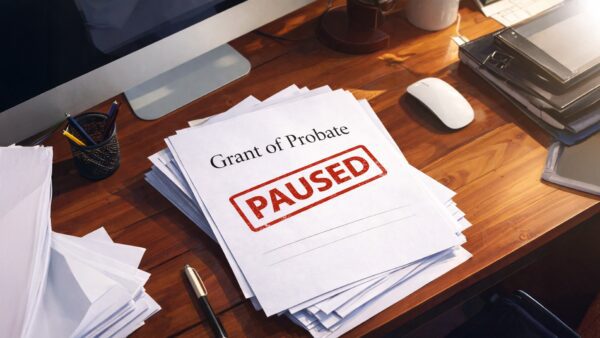The High Court’s decision in Maile v Maile & Ors [2025] EWHC 2494 (Ch) marks a significant recalibration of how proprietary estoppel operates within family farm disputes. While on its face another failed claim by disappointed descendants, the case carries wider doctrinal implications. This case has the effect of tightening the law around promises and the reliance one has on them and is instead a reminder that there is no replacement for formal advice and legal frameworks to prevent problems further down the line.
In the case involving a multi-generational Devon farming family, the claimants, two grandsons, argued that their grandmother had promised them the family farm in return for their years of labour and loyalty. However, Mr Justice Michael Green rejected the claim, finding that the alleged assurances were too vague, that reliance was not causative, and that no sufficient detriment had been shown.
Limits on Intergenerational Estoppel
The claimants alleged that their grandmother had assured them they would inherit the family farm and that they had relied on those promises to their detriment. The court rejected the claim, holding that the alleged assurances were too vague, indirect, and insufficiently supported by evidence to give rise to an equitable claim.
This generational dimension is critical. Most successful proprietary estoppel cases in agricultural contexts, such as Guest v Guest [2024] AC 833, [2022] UKSC 27 and Winter v Winter [2023] EWHC 2393 (Ch), involve promises made by parents to children after decades of shared labour and reliance. Maile, by contrast, concerned a generational ‘skip’ – grandchildren claiming against a grandparent’s estate, where far less of their time had been devoted to the family farm.
The judgment shows the courts’ reluctance to extend equitable protection to promises that skip a generation. The further the claimant stands from the promiser, in kinship and in time, the higher the evidential threshold to show (i) a clear, unambiguous assurance, (ii) specific reliance casually linked to that assurance, and (iii) real detriment beyond ordinary familial engagement.
The judge noted that this was “not the usual case of a farmer’s child or children claiming that they gave up most of their working lives on the strength of promises made to them”, and the grandsons’ contributions, though genuine, did not approach the level of sacrifice seen in the classic authorities. Vague family conversations to the effect of “one day this will be yours” were viewed as affectionate hopes, not binding promises. Without clear evidence or documents showing a real intention to confer rights, the claim failed at the outset.
Maile signals a clear boundary in intergenerational estoppel. Courts are now likely to require that any promise beyond the immediate parent-child relationship be recorded, evidenced, and objectively referable to an intention to create legal obligations. From an estate planning perspective, this demands early formalisation of succession expectation through Wills, partnership agreements, or letters of wishes.
Commercial Structuring as De Facto ‘Contracting Out’ of Equity
A second, and arguably more influential, strand of the judgment concerns the interaction between proprietary estoppel and formal commercial arrangements. The claimants had entered a 2015 farming partnership with the deceased, which included an option to buy her share and a requirement to vacate the property within a year of her death. The court held that any equitable rights were overridden by these terms, echoing Horsford v Horsford [2020] EWHC 584 (Ch), where formal partnership structures displaced informal assurances.
Having entered into a detailed, independently advised agreement, the claimants were taken to have contracted out of reliance on any prior informal assurances. The partnership became the operative framework for succession, showing that the deceased had already formalised her intentions.
Reflecting a wider trend, the case signals that as family farming becomes more commercial, courts favour formal agreements over equitable claims. Maile confirms that equity will not readily intervene where succession has been legally structured, leaving proprietary estoppel to fill only genuine gaps in formal planning.
A New Equilibrium for Family Farm Equity
These developments mark a narrowing of equitable intervention in family farm estoppel, with the decision showing that equity will not rescue informal, intergenerational promises unsupported by clear evidence, especially where formal contractual arrangements are also in place. Two themes stand out: stricter legal standards, reflected in the higher evidential burden on grandchildren and other remote relatives to prove clear assurances and concrete reliance; and structural discipline, where formal partnerships or corporate arrangements are treated as the governing framework, effectively displacing informal expectations.
From an estate planning perspective, these themes underscore the need for proactive, well-documented succession strategies. It is vital that farming families formalise intentions early, ensure alignment between partnership, corporate, and testamentary arrangements, and record any family understandings with legal clarity.
To discuss your requirements and find out how we can help you, please get in touch.









